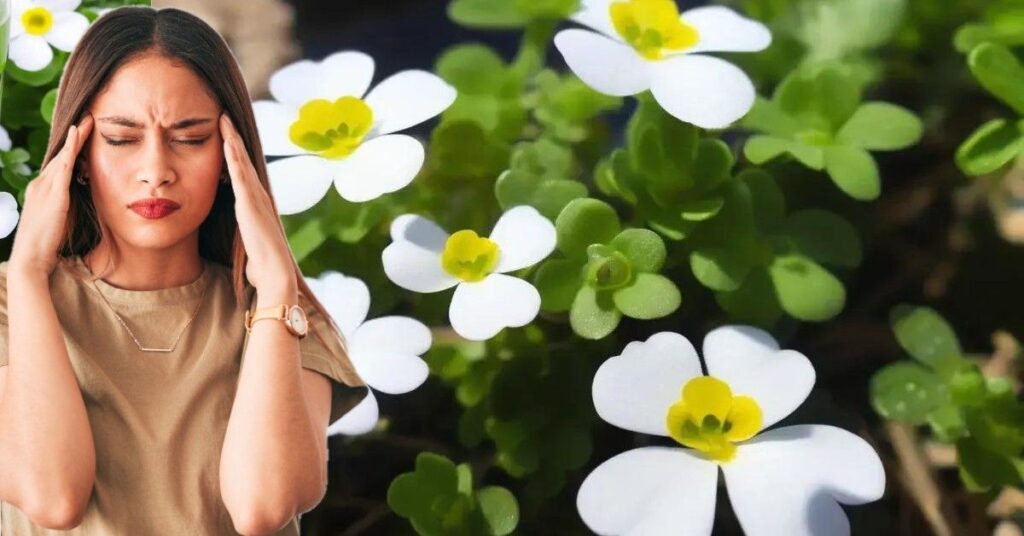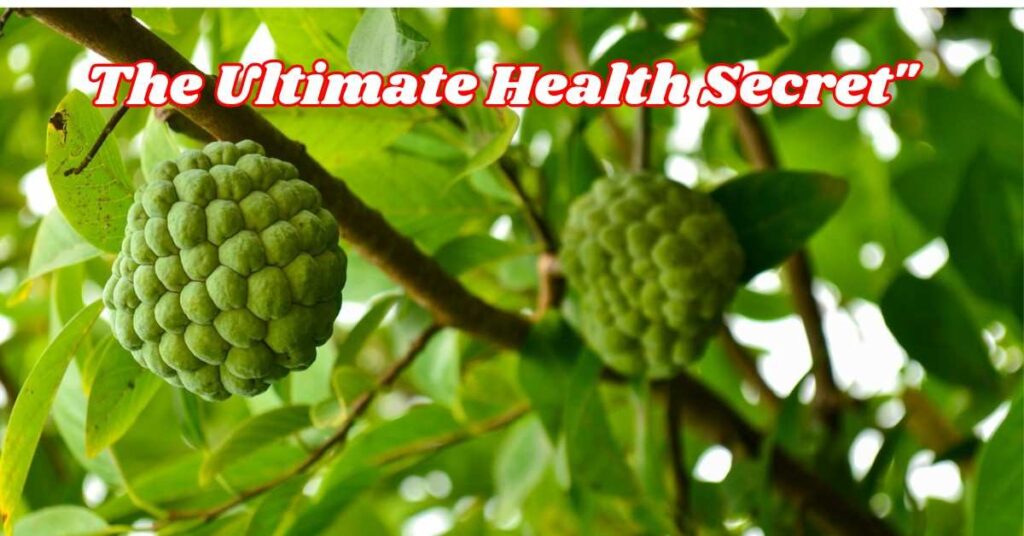10 Benefits of the Arjuna Tree and Its Side Effects
Explore the top 10 benefits of the Arjuna Tree, including its effects on heart health, digestion, and skin care. Learn about potential side effects and how this ancient remedy can enhance your well-being.Globally, cardiovascular diseases are a leading cause of death, with heart conditions affecting millions of people. According to the World Health Organization (WHO), heart disease accounts for about 34% of global deaths. In this context, the Arjuna Tree (Terminalia arjuna) stands out as a traditional remedy with significant historical and medicinal importance. Revered in ancient texts like Charaka and Sushruta, the Arjuna Tree, also known as “Kakubha” or “Arjuna,” is celebrated for its role in supporting heart health. The name “Arjuna” reflects strength and vitality, which are crucial for maintaining a healthy heart.
Description of the Arjuna Tree
- Height: The Arjuna Tree can grow up to 18-20 meters tall, characterized by its evergreen foliage and extensive branching.
- Bark: The bark is thick, with a silver-gray or greenish hue and a pinkish tinge, shedding in thin flakes.
- Leaves: The leaves are elongated, measuring 10-15 cm in length and 4-7 cm in width, similar to guava leaves.
- Flowers: The inflorescence is 10-12 cm long, with creamy-white flowers.
- Fruit: The fruit is elongated, with 5-7 ridges, and a dense brown color.
- Distribution: Arjuna Trees are found along rivers and streams in the Himalayas and various regions of India.
Scientific Identification
- Scientific Name: Terminalia arjuna (Wt. & Arn.)
- Family: Combretaceae
- Common Names:
- Sanskrit: Arjuna, Dhananjaya, Dhavala, Partha
- Hindi: Anjuli, Arjun
- English: Arjuna Tree
Medicinal Benefits of Arjuna Bark
- Heart Health: Arjuna bark is renowned for its heart-strengthening properties. Consuming 5-6 grams of Arjuna bark powder mixed with milk and water helps improve heart muscle function, circulation, and heartbeat regularity.
- Blood Pressure Regulation: The extract of Arjuna bark can help manage blood pressure levels. It is beneficial for those with low blood pressure but should be avoided by individuals with high blood pressure.
- Cough and Tuberculosis: A mixture of Arjuna bark powder and Vasaka leaf juice can alleviate cough and provide relief from tuberculosis when used for seven days.
- Digestive Health: A teaspoon of Arjuna bark powder boiled in a cup of water can treat dysentery and hemorrhoids.
- Leucorrhea: Combining Arjuna bark juice with raw turmeric juice, taken daily, can help cure leucorrhea.
- Bone Fractures and Sprains: Applying a paste of Arjuna bark and garlic to fractures or sprains can aid in recovery.
- Skin Disorders: Arjuna bark powder mixed with honey is effective for treating blemishes, while its juice helps heal boils and wounds.
- Preventive and Tonic Properties: In Ayurveda, Arjuna bark is valued as a tonic, enhancing overall vitality and immune function.
- Antioxidant Effects: The natural antioxidants in Arjuna bark help eliminate free radicals, contributing to anti-aging and overall health.
- Arthritis and Respiratory Relief: Regular use of Arjuna bark powder can alleviate arthritis pain and respiratory conditions like asthma.

Usage Guidelines
- Arjuna bark should be harvested, cleaned, dried in the shade, and then ground into powder. Store this powder in an airtight glass container.
- It can be consumed with ghee or milk. Besides heart diseases, it is also used for treating chronic fever, bleeding disorders, and spermatorrhea.
Arjuna Tree Seeds: Traditional Uses and Benefits
The Arjuna Tree (Terminalia arjuna) is widely recognized for its medicinal bark and leaves, but its seeds also have notable traditional uses. Here’s an overview of how Arjuna seeds are utilized:
Traditional Uses of Arjuna Tree Seeds
- Postnatal Care: In some traditional practices, Arjuna seed juice is used to support postnatal recovery and overall women’s health.
- Diabetes Management: The powdered or juiced seeds are believed to help in managing diabetes, based on traditional medicinal practices.
- Skin Health: Extracts from Arjuna seeds may be applied to treat skin issues such as boils and dark spots.
- Enhancing Physical Strength: Components in the seeds are thought to help in improving physical strength and vitality.
Note:
These traditional uses are based on historical practices, and further scientific research is needed to confirm their effectiveness and safety.
Potential Side Effects of Arjuna (Terminalia arjuna)
While Arjuna bark is generally safe, some precautions are necessary:
- Liver Health: High doses may impact liver function. Consult a healthcare provider before using it extensively.
- Blood Pressure: Arjuna can lower blood pressure, so it should be used cautiously by those with low blood pressure or those on blood pressure medications.
- Pregnancy and Lactation: Pregnant or breastfeeding women should avoid using Arjuna bark without professional guidance.
Terminalia arjuna in Homeopathy
- Arjuna Mother Tincture: This homeopathic remedy is used for heart conditions, especially those involving chest heaviness or pain. It supports cardiovascular health and can help manage hypertension.
- Blood Pressure Control: The tincture is beneficial for regulating blood pressure naturally.
Conclusion
The Arjuna Tree (Terminalia arjuna) has been a fundamental component of Ayurvedic medicine for centuries, offering a natural remedy for heart diseases and various health issues. From enhancing heart health to improving digestion and skin care, the benefits of Arjuna bark are extensive. However, it is important to use it responsibly, considering its potential side effects on liver health and blood pressure. For those seeking natural remedies, Arjuna remains a powerful and versatile option in both traditional and homeopathic medicine.
Many scientists have conducted research on the Arjuna Tree (Terminalia arjuna), contributing valuable insights into its health benefits and scientific evidence:
- Dr. S.N. Sharma: An expert in Ayurvedic and pharmacological research, he has worked on the effectiveness of Arjuna Tree for treating heart diseases.
- Dr. Vijay Kumar: Specialized in Ayurvedic medicine, focusing on the therapeutic properties of the Arjuna Tree.
- Dr. Arun Ghosh: A researcher in botany and pharmacology, he has investigated the phytochemicals in Arjuna and their health benefits.
- Dr. K.M. Srivastava: Worked on Ayurvedic and naturopathic applications of the Arjuna Tree, exploring its health benefits.
- Dr. P.K. Roy: An expert in pharmacology and botanical research, he analyzed the various therapeutic effects of the Arjuna Tree.
These researchers have provided in-depth insights into the diverse applications and potential side effects of the Arjuna Tree, helping to confirm its relevance in modern medicine.





















Pingback: Convolvulus Pluricaulis: 10 Remarkable Benefits and Potential Side Effects
Pingback: Nardostachys Jatamansi 6 Benefits, Nutrition, Usage, Effects
Pingback: Symptoms of Heart Attack in Women: Early Signs & Warning Symptoms
Pingback: Discover the Beauty and Benefits of Clerodendrum Plants
Pingback: Constipation Home Remedies: 11 Quick Relief Solutions
Pingback: Cauliflower/Couve-Flor Benefits, Uses, and Cultivation Tips
Pingback: Ashwagandha Secret Benefits, Dosage, and Side Effects 2024
Pingback: Garlic: Benefits, Uses, and Precautions